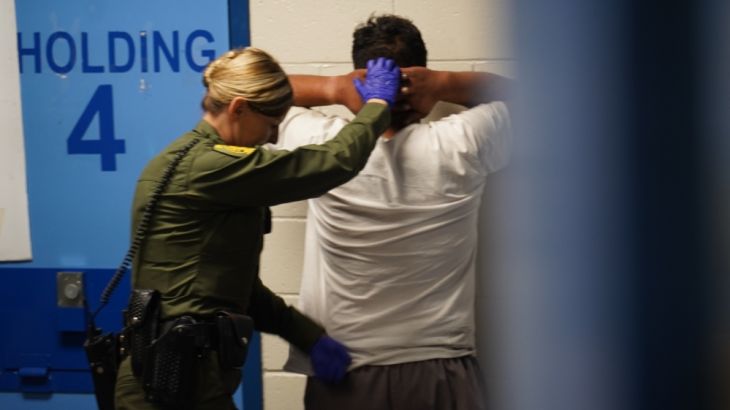
Sick Inside: Death and Neglect in US Jails
Fault Lines investigates the $12bn industry of correctional healthcare and the surge in jail deaths in the US.
Jail deaths have surged in almost two dozen US states over the last decade. There have been steady increases in mortality rates involving complications from existing medical conditions.
Jailers often have few resources to treat medical or psychological conditions. So, counties are increasingly hiring for-profit healthcare contractors to fill the medical needs of their inmates.
Keep reading
list of 4 itemsMyanmar’s Aung San Suu Kyi moved to house arrest amid heatwave
‘Joyful but afraid’: Disabled Indian academic Saibaba’s family on acquittal
Gangs in Haiti break thousands of inmates out of prison
Contractors like Corizon and NaphCare say they offer premium healthcare but critics allege that these companies cut corners to turn a profit, and point to their records.
“When you combine the profit motive with a literally captive market of unpopular people, it’s a recipe for bad outcomes and, often, lethal outcomes,” David Fathi of the ACLU National Prison Project says.
Corizon has nearly 200,000 inmates under its care and has been sued more than 1,000 times over its quality of care.
In Sick Inside, Fault Lines, Al Jazeera speaks to the parents of Madaline Pitkin, a woman who died of dehydration in an Oregon jail under the care of Corizon in 2014. In an exclusive interview, a former Corizon employee who worked in that jail talked about the company’s practices that led her to resign.
“I was concerned for my medical license,” former Corizon employee Cris Rettler told Fault Lines. “There were several times when we had some pretty near misses.”
After Pitkin’s death, the jail hired another company called NaphCare. We investigate NaphCare’s history of negligence in Nevada by speaking to a woman whose husband died of diabetes-related complications while in NaphCare’s care in 2018.
In both jails, we talk to the sheriffs and ask why they continue to hire these companies. According to campaign finance records, both sheriffs have taken thousands of dollars in political contributions from NaphCare.
Fault Lines investigates the $12bn industry of correctional healthcare and asks what is lost when a county hires a for-profit medical company to care for its prisoners.